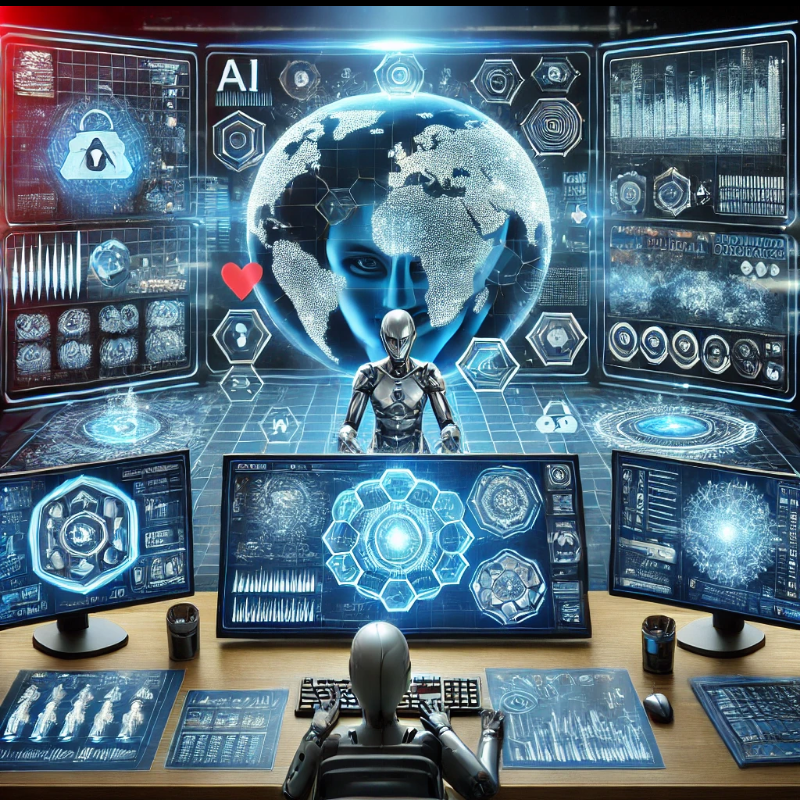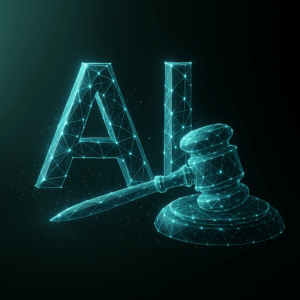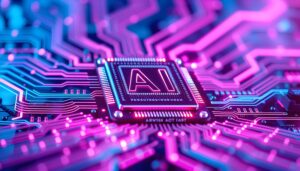
Understand the crucial role AI plays in cybersecurity, how it prevents cyberattacks, and the challenges it faces in an evolving threat landscape.
As our world becomes more digital, the number of cyber threats and attacks is increasing exponentially. From ransomware to sophisticated state-sponsored hacks, the risks to businesses and individuals have never been greater. Enter AI—a new weapon in the fight against cybercrime. Leveraging machine learning, deep learning, and data analytics, AI is transforming cybersecurity by improving threat detection, response, and prevention.
AI in Threat Detection
Traditional cybersecurity systems rely heavily on pre-programmed rules and signatures to identify threats, but AI brings a dynamic, adaptive approach. Machine learning models can sift through massive amounts of data in real time, detecting anomalies that indicate a breach or malicious activity. Companies like Darktrace have pioneered AI-powered threat detection systems that can learn a network’s behavior and autonomously respond to anomalies, containing threats before they cause damage.
Predictive Analytics and Proactive Cyber Defense
AI’s ability to predict and prevent attacks is one of its greatest strengths. By analyzing past attack patterns and network vulnerabilities, AI can forecast potential threats and take proactive measures. This shift from reactive to proactive cybersecurity is crucial in industries like finance and healthcare, where the cost of a breach can be astronomical.
AI-Powered Encryption and Authentication
AI is also advancing encryption and authentication technologies. From biometric systems to behavioral analysis, AI-driven solutions offer enhanced security protocols that make unauthorized access more difficult. Machine learning models can analyze users’ behavior patterns to detect irregularities in real-time, alerting systems to potential breaches.
Challenges: AI vs. AI Cyber Warfare
While AI offers significant advantages in cybersecurity, it also opens new doors for cybercriminals. AI can be weaponized to launch more sophisticated attacks, such as creating deepfake phishing schemes or automating hacking processes. The concept of AI vs. AI cyber warfare is emerging, where both attackers and defenders use AI tools to outsmart each other, making cybersecurity an ever-evolving arms race.
The Future of AI in Cybersecurity
AI is poised to become the backbone of cybersecurity as more businesses transition to cloud services, remote work, and the Internet of Things (IoT). Future advancements will likely involve AI-driven autonomous security systems that can not only detect and respond to threats but also evolve in real-time, adapting to new attack vectors.
AI as the Frontline of Cyber Defense.
AI as the Frontline of Cyber Defense
As cyber threats become more sophisticated, AI stands as the most powerful tool for combating these challenges. AI’s ability to detect, prevent, and respond to cyberattacks in real time has made it indispensable in modern cybersecurity strategies. However, as AI continues to evolve, so too will the tactics of cybercriminals, leading to an ongoing arms race between attackers and defenders. For AI-driven cybersecurity to be truly effective, organizations must not only embrace these technologies but also continuously adapt to the changing threat landscape. As we move forward, AI will play a crucial role in protecting our digital infrastructures and ensuring a more secure digital future.


